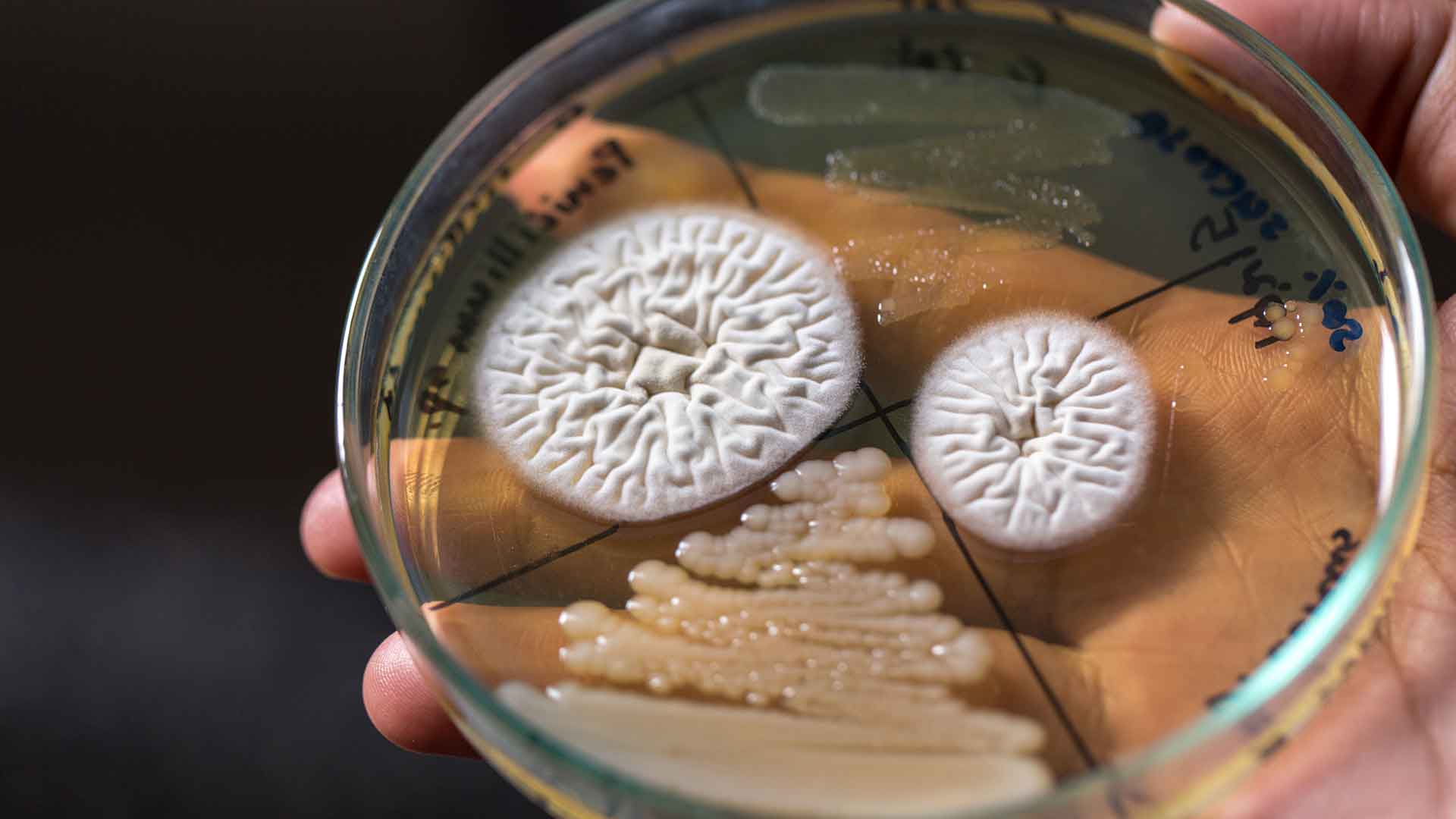- Sectors
- Aerospace & Defense
- Big science
- Biotechnology
- Fintech
- Insights

An important component in the formulation of sperm extender is the antibiotic, whose function is to prevent the proliferation of pathogenic microorganisms in the mixture.
According to data from PLAN (National Plan against Antibiotic Resistance), between 2014 and 2019 there has been a 59% decrease in the use of antibiotics in veterinary medicine. Under its One Health strategy for animal health, its Reduce program has set out to continue reducing veterinary antibiotic consumption.
To address this problem and combat the phenomena of unwanted resistance to antibiotics in animals and their possible transmission to humans, the great challenge today is to find equally effective alternatives to the use of traditional antibiotics in the composition of semen diluents.
The use of peptides in semen extender formulations, replacing the antibiotic, represents an innovative and promising area of research in artificial insemination.
In order to respond to this challenge, ARQUIMEA undertook a research project with CSIC with the purpose of developing a new type of porcine seminal extender, which dispenses with the conventional antibiotic, but maintains its antimicrobial properties.
The research team focused on the analysis of the efficacy of extender formulations based on the use of anionic and cationic antimicrobial peptides (AMPs) and other potentiating compounds.
These antimicrobial peptides (AMPs) are proteins of natural origin (obtained from plants, insects and mammals) or artificially synthesized, characterized by their antibiotic and antimicrobial properties.
Throughout the project, the possible influence of AMP on the shelf life, vitality and motility of spermatozoa was studied. In addition, the impact on the fertilizing power of sperm was determined.
The results, after more than two years of research testing different peptides, concentrations and enhancers, have been very positive. The chosen formulation was as effective as the current formulas with traditional antibiotics in stopping the growth of microorganisms, including those considered to be the most dangerous for semen preservation.
The next challenge will be to produce and purify, in-house, the AMPS of greatest interest, and then develop a new diluent that does not generate resistance.
Although the use of peptides in antibiotic-free semen extenders is still in the early stages of research and development, their potential is very promising. Developing antibiotic-free alternatives in semen extenders is an area of great interest to scientists and experts in animal artificial insemination.
This research project on the use of peptides in semen extenders reflects ARQUIMEA’s continuous commitment to innovation in the constant optimization of the efficacy of its products in the field of animal reproduction.